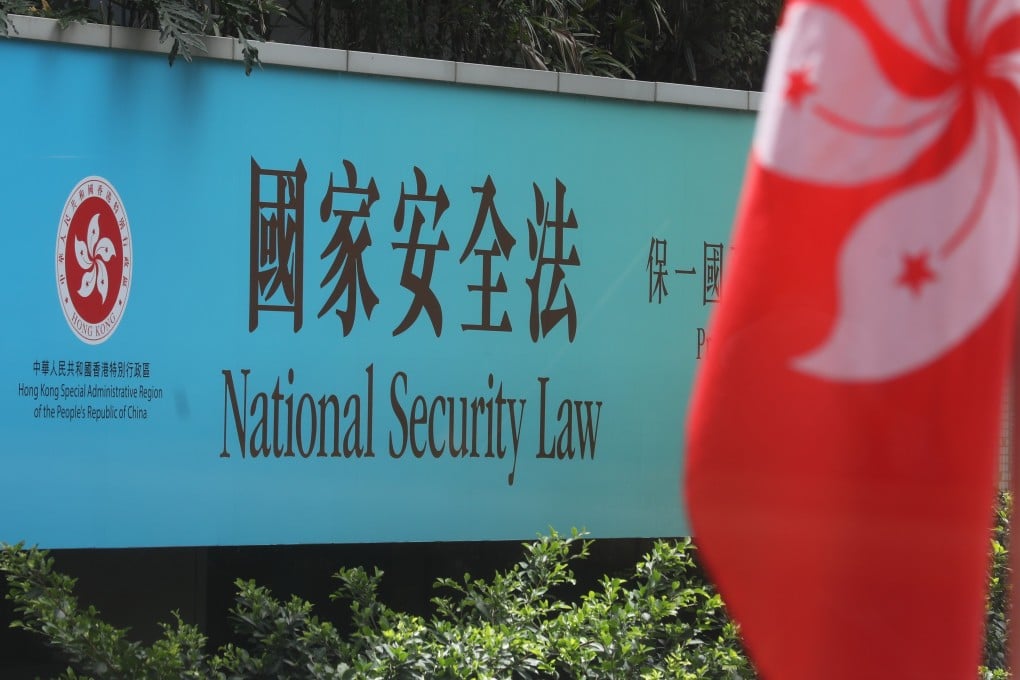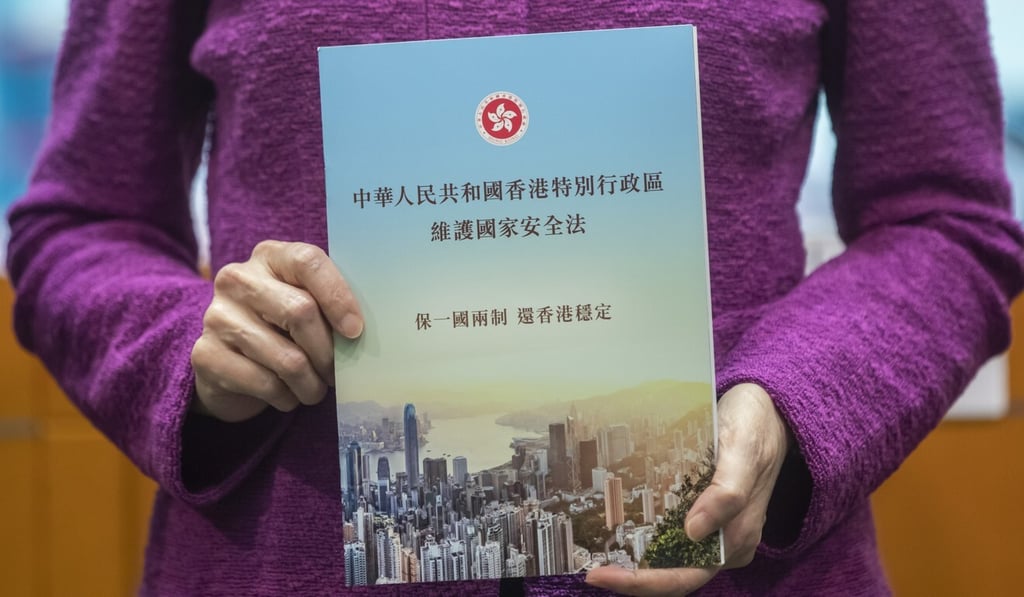Advertisement
A year under Hong Kong’s national security law: mass arrests, sanctions, a swifter Legco and a defunct newspaper
- Advocates of law argue it was badly needed to protect national sovereignty, and that it ended months of protests
- But critics say it has been weaponised and used to silence dissent, crush opposition and induce fear
Reading Time:8 minutes
Why you can trust SCMP
16

Some 365 days after the imposition of a sweeping national security law, Hong Kong has changed irrevocably. Advocates argue the law was badly needed to protect national sovereignty, after radical anti-China elements called for foreign intervention, and that it had brought an end to months of anti-government protests.
Advertisement
It restored order and brought business back to the city, supporters have said. But critics decry that the law has been weaponised and used to silence political dissent, crush all viable opposition, induce fear in the media and academia and test the courts.
The Post sums up how different sectors have been impacted by the law, which punishes subversion, secession, terrorism or colluding with foreign forces with the maximum penalty of life imprisonment, since it was passed on June 30 last year.

Media: Apple Daily closes after arrests, other media outlets pull commentaries
Apple Daily, a 26-year-old newspaper founded by Jimmy Lai Chee-ying, ceased operations in late June after national security police froze HK$18 million (US$2.3 million) worth of its assets and arrested five of its senior executives and an editorial writer on suspicion of collusion with foreign forces.

Advertisement